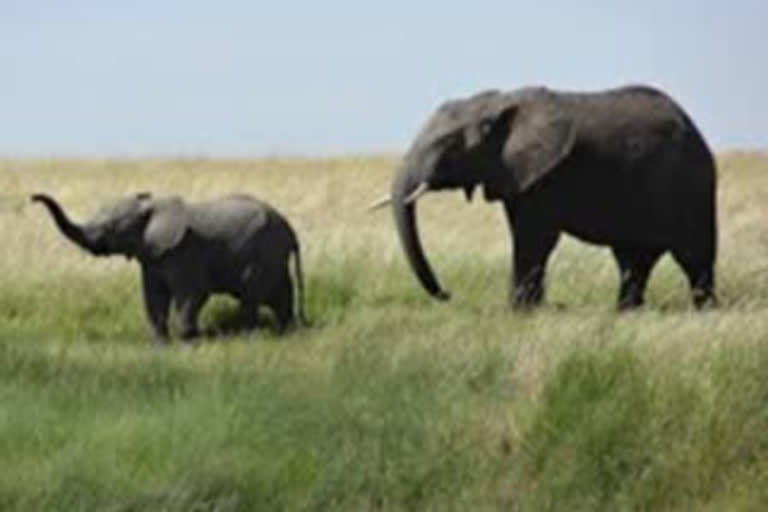New Delhi: People for the Ethical Treatment of Animals (PETA) has written a letter to the Minister of Art and Culture, B.D. Kalla, urging him to protect elephants, their caretakers, tourists, government staff and the general public from tuberculosis by permanently ending their use for rides at the Amer Fort in Rajasthan.
In response, Department of Archaeology and Museums Director Prakash Chandra Sharma asked the Jaipur deputy conservator of forests to ensure that all elephants used for rides at the Amer Fort are tested for TB and that necessary action is taken.
PETA India also asked the minister of the department to issue motorised cart licences to elephant caretakers and mahouts so that they can shuttle tourists safely and have an alternative livelihood option when elephant rides are stopped.
"The COVID-19 pandemic means the public is more concerned than ever about the risk of disease transmission from animals to humans," said PETA India Chief Advocacy Officer Khushboo Gupta.
"We are thankful to the honorable minister for taking this crucial step toward protecting everyone's health. The use of elephants is also unsafe for tourists because these animals often attack when upset or provoked," Gupta added.
While scientists overwhelmingly believe that Covid-19 first infected humans at a live animal market in China, wild animals as well as those such as horses and camels commonly used by the tourism industry can and do also transmit zoonotic (animal-origin) diseases to humans.
Animal Welfare Board of India (AWBI) evaluation report on captive elephants used for rides in Jaipur states that 10 percent of them were found to be reactive for TB.
A scientific study of 600 elephants in South India indicated a high prevalence of asymptomatic tuberculosis infection. Another study found human-to-elephant and elephant-to-human transmission of tuberculosis between mahouts and captive elephants.
And according to figures compiled by the Heritage Animal Task Force, captive elephants killed 526 people in Kerala alone within a 15-year span.
In its May 7, 2014 judgment in the matter of the Animal Welfare Board of India vs A Nagaraja and Others, the Supreme Court of India noted, "Entertainment, exhibition or amusement do not fall under a exempted categories (under Section 11 of The Prevention of Cruelty to Animals Act, 1960) and cannot be claimed as a matter of right under the doctrine of necessity."
IANS Report
ALSO READ: Galwan face-off: Unarmed patrol walks into dragon's mouth




